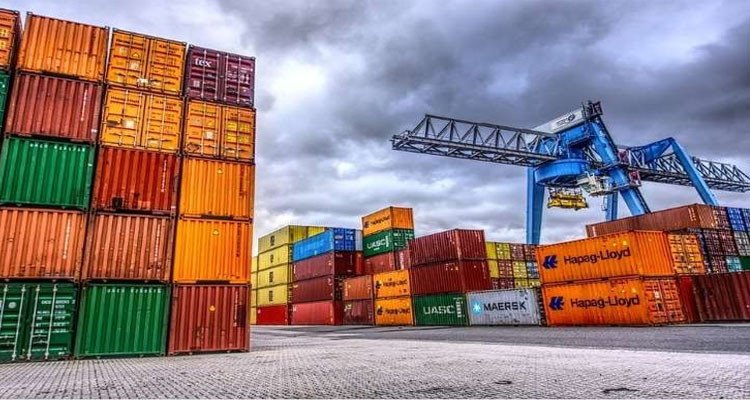A sharp rise in Tunisia’s trade deficit to nearly 17 billion dinars (€4.9 billion) has sparked economic concerns, with a leading business institute pointing to a reliance on import-driven growth and stagnant exports.
According to a new study by the Arab Institute of Business Leaders (IACE), the trade gap widened to 16.728 billion dinars in the first nine months of 2025, a significant increase from the 13.497 billion dinars recorded in the same period last year. The data, sourced from the National Institute of Statistics (INS), reveals the fragility of the country’s external trade balance, with imports growing by 5.4% while exports remained nearly flat, inching up by just 0.03%.
The IACE’s report, titled “Imports: The Reality Behind a Contrasting Trend,” identifies a mixed economic picture. While falling energy and food imports signal weaker domestic consumer demand, a surge in purchases of intermediate goods, capital goods, and mining products suggests a tentative recovery in the nation’s productive sectors.
This dynamic indicates a “gradual restart” of Tunisia’s crucial manufacturing sector, the traditional engine of its economy. The sector, which accounts for 79% of exports and 71% of imports, showed renewed vigour, with imports of mechanical and electrical goods jumping 15% and textiles rising 3.5%.
“The trend reflects a strategic reliance on imports to sustain exports and reinforce Tunisia’s position in global value chains,” the IACE analysis stated.
However, the study warns that these positive signals are overshadowed by a deep, structural imbalance: the energy sector. It remains the single largest drag on the trade balance, accounting for a staggering 48% of the total deficit. This crisis is underscored by a dramatic collapse in national production, with oil output falling from 77,000 barrels per day in 2010 to just 27,000 today, and gas production dropping 9% year-on-year.
The reported 11.8% drop in energy imports in 2025 is attributed to temporary factors like a 15% fall in Brent crude prices and a weaker US dollar, not to domestic energy solutions. The IACE cautions that these gains are fragile and that Tunisia’s underlying energy dependence continues to pose a severe threat to its economic consolidation.
TunisianMonitorOnline (NejiMed)




